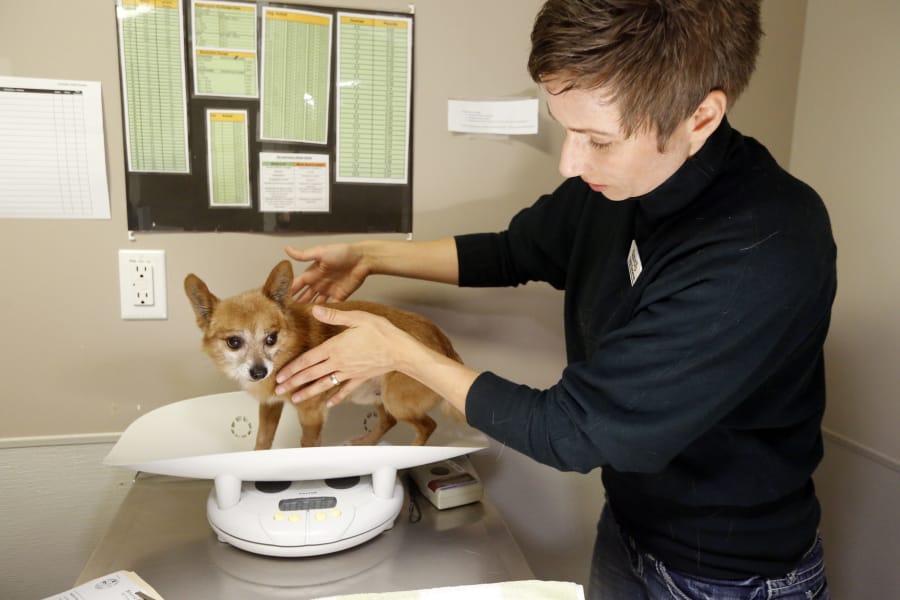What’s in a name? Ask Jay Kerr, the inspiration for California SB 1305, euphemistically known as the Mouth-to-Snout Resuscitation Pet Rescue Bill.
Got your attention, didn’t it?
Kerr is a veterinarian with 35 years of experience in the Tri-Valley area. He’s also a director on the San Ramon Valley Fire Protection District board. So he is sensitive to the plight of animals who get sick or injured and the first responders who tend to them.
“I’ve been involved in disaster response from the animal side of it,” he said. “I see both sides of this.”
Kerr pitched the bill to state Sen. Steve Glazer, D-Orinda, who liked what he heard.
“He deals with first responders in his volunteer job,” Glazer said. “He knows the value that first aid can bring to a distressed animal.”
If enacted, the bill would allow first responders to administer such treatments as stabilizing a pet, maintaining an airway, controlling bleeding and immobilizing fractures.
It’s not unusual for proposed legislation to have roots in a real life situation. Kerr said his idea came from a lifetime of real life situations — which include spending more than a week in Sonoma County after the catastrophic wildfires last fall.
“I worked with a disaster group there rescuing cats and dogs who had been burned,” he said. While he also encountered “horses, cattle, goats and sheep,” he stressed that the proposed legislation “is a cats and dogs law.”
Speaking of laws, it is illegal in California to practice veterinary medicine without a license. Punishment could include civil damages or criminal prosecution. Apparently there are two basic types of first responders — those who are unaware of the do-not-treat law, and those who know about it but don’t care because a responder’s first instinct is to respond.
“I can’t imagine anyone complaining about a first responder helping their pet,” Kerr said.
Kerr said he helped train a group of first responders at UC Davis with scenarios involving animals in traffic accidents. Ultimately it was decided that SB 1305 would have a clause indemnifying first responders who render aid to an injured or sick pet. It does not require first responders to treat an animal.
“This has come up before,” Kerr said. “It’s the first time I know of where vets and first responders sat down together. As a director on the fire district board, I come into contact with fire staff all the time, including the union president. They want to help animals and they usually do. We want to be able to offer treatment. We don’t want anyone to hesitate. We have trained paramedics (to treat people). Now we’re just applying it to animals.
Glazer is optimistic the bill will become law. For one thing, it has bipartisan support (fancy political talk for “cats and dogs living together”).



